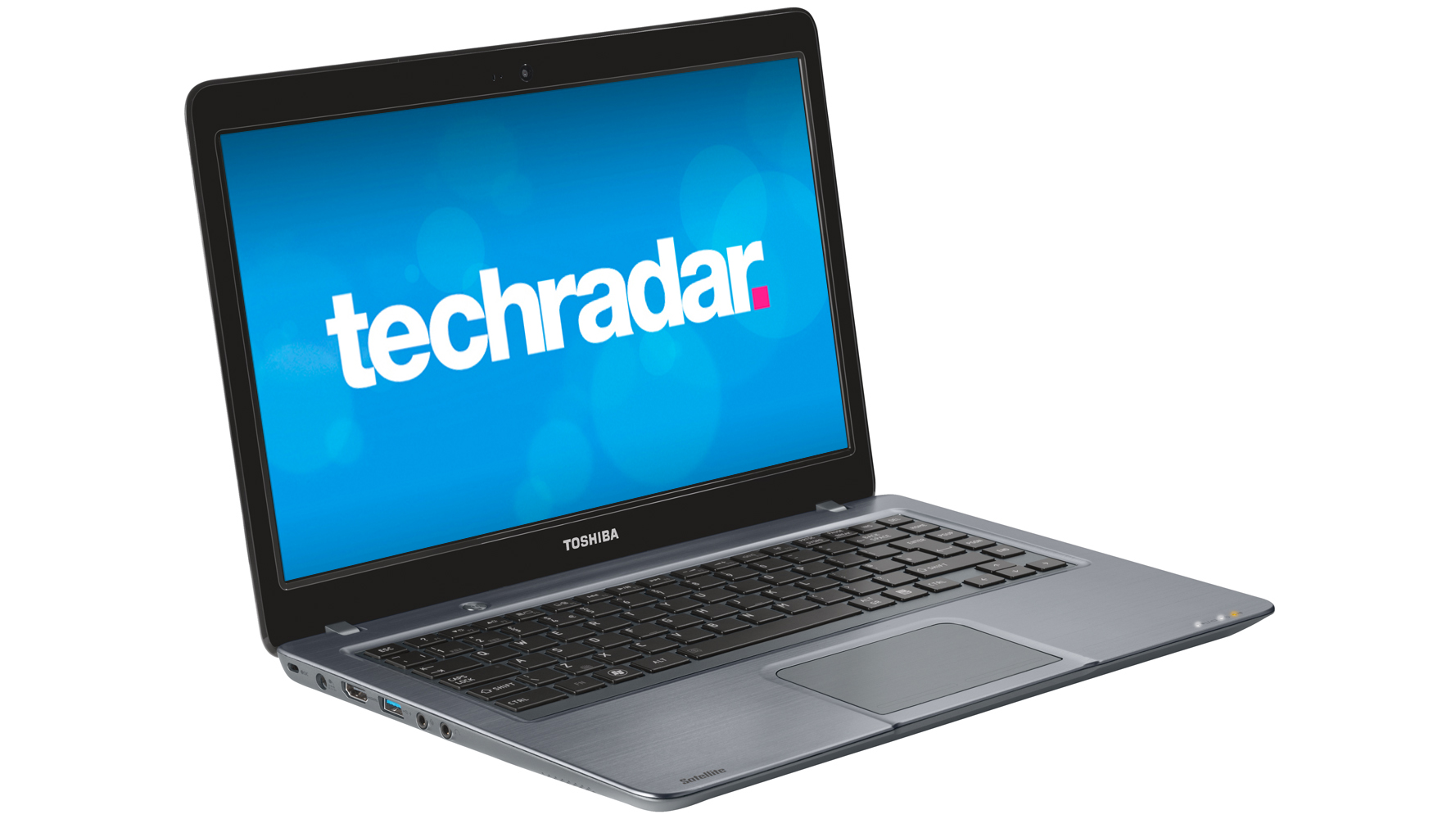Why you can trust TechRadar
The Toshiba Satellite U840-10V seems very much to be an attempt to balance good Ultrabook specs with affordability, like its brother, the Toshiba Satellite Z930. It's a noble goal, and one that seems to have managed well on paper.
There are few areas where the Toshiba Satellite U840-10V is noticeably worse than its competitors in a spec list, and areas such as 6GB of RAM definitely push it ahead. The problems only come up when you take the experience as a whole, but they do ultimately bring it down from being a great choice.
We liked
The design is simple, and hard to dislike. Some may find it boring, but we think the brushed slate is handsome. The build quality overall shows little sign of this being a cheap Ultrabook (save for the keyboard).
The price is probably the main advantage here, offering an Ultrabook with little compromise when it comes to specs, for a reasonable cost. There's a generous amount of RAM, and good Intel chip, and plenty of storage (even if that comes with a downside).
The 14-inch screen and decent array of ports mean it's a good work machine, too.
We disliked
There is evidence of the cost-cutting when you use the Toshiba Satellite U840-10V, and in some cases, it's hard to ignore. The screen's viewing angles are a pain if you're stuck somewhere like a train, with no way to adjust your angle, while the poor keyboard knocks back its credentials as an office machine - we wouldn't be keen to type on this all day.
Battery life is the other big issue; it's much lower than slightly-more-expensive Ultrabooks, and again harms the Toshiba Satellite U840-10V's business credentials.
The less obvious cuts, such as having a hard drive instead of an SSD and a lower-resolution screen than we'd like, are a shame, particularly since the HDD can impact performance. But we understand why those choices have been made. The 1.5kg weight is also a fair bit higher than we'd like.
Final verdict
The Toshiba Satellite U840-10V just doesn't quite overcome the compromises that have been made to create something a fair bit cheaper than most Ultrabooks. The spec list is good, but it falls down in the more practical aspects.
If you want something smaller and lighter than the average home laptop, but don't want to pay through the nose, it's a reasonable choice. But paying £150 more will get you a much better machine.
If you're looking for a good office Ultrabook, try the Toshiba Satellite U930, which is lighter and has an SSD. Otherwise, the Asus Zenbook UX31 is one of the best out there.
